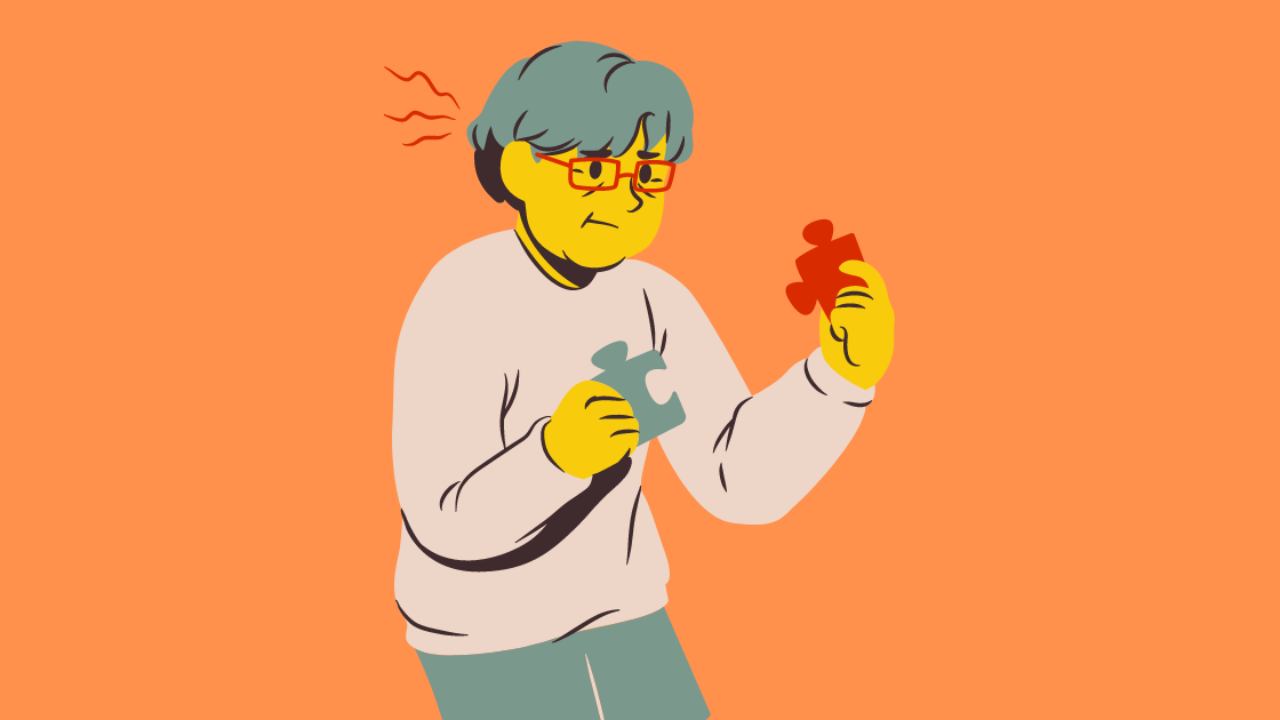The Person Who Cares About the Problem Owns the Problem
Feb 10, 2023
Some people struggle with the fact that they are not always the cause of their problems. This often hinders them from taking full ownership. A man whose company lays him off because of the economy may feel that he is owed another job because the layoff wasn't of his doing. Or a woman with a controlling husband may get stuck in feeling helpless because he's the problem, not her.
We should take a pause very quickly to note that when it comes to people who are being victimized by the abusive behavior of another person, there is clearly a person at fault. That is the abuser. We are not blaming victims here.
No one would disagree that we aren't the cause of all our problems. It is one of the truly tragic realities of living in a fallen world. The innocent are wounded. However, ultimately, in terms of solving the issue, fault is irrelevant. So here's a much more helpful way to look at it:
The person who cares about the problem owns the problem.
When we take responsibility for our lives in this way, we're empowered to make changes.
Ownership empowers us to act to use our various skills to make plans, tackle a hurtful situation, or right a wrong. People who "own" their problems are people who can take initiative. The jobless man goes on executive search interviews. The unhappy wife seeks help, whether or not her husband is interested.
Ownership also gives us freedom. You are no longer a slave to the past, to false hope, to wishing someone would change, or to discouragement and passivity. You are free to try out answers, take risks, and take steps.
Ownership is, in fact, a blessing. It feels uncomfortable at first but pays off later. The other side of the coin, which is blame, is the opposite a kind of curse. It feels good at first, but in time it ruins us. Technically, when we blame, we project all the responsibility for a problem onto something or someone else. And it keeps us in bondage. That's why every one of us needs to be aware of, and deal with, any tendencies to find fault, blame, excuse, minimize, or deny our responsibility in any given situation.
There is a time in which some blame can help us. But what I mean by "blame" here is the process of assessing the responsibilities in a given situation. In a sense, we should go through a kind of spiritual audit process to figure out who contributed what to the problem. This is not the same as accusing someone, and it makes us much better prepared to solve the issue.
Assessing this type of blame can instruct us about what we need to forgive. At the same time, if we did have a part in the problem, we are to confess, ask forgiveness, and repent.
Assessing responsibility can mean a man with an alcoholic wife may need to "blame" her for drinking rather than thinking he did something that caused her to drink. At the same time, he may need to "blame" himself for not speaking up and taking a strict stand when he should have. Essentially, a period of assessment can help us to ferret out the roots of a problem. Remember, though, the problem and its solution are the real issues—not who caused the problem.
LEARN WHAT TO OWN
If you want God to make a way in your life, own your own faults and weakness. God blesses ownership. Here is a brief list of things for which you can begin to take responsibility, and in this way be a co-laborer with him:
- Your own unhappiness. Begin to ask God for help in taking ownership of whatever pain or discomfort you experience. Then ask him to help you find relief.
- Specific issues. Determine the root cause of your problem. Is it a relationship disconnect, a faith journey, a job issue, or a habit that won't go away?
- Needed resources. You must lead the way in finding the resources you need to solve your problem. Get help, support, comfort, and advice. Search until you find people who have answers and can give you encouragement.
- Weaknesses and obstacles. Identify the areas in which you don't have the strength you need to meet the challenge, and then begin to develop those areas.
- Accountability. Submit yourself to a few people who will keep you on task with your project of resolving your struggle or meeting your goal.
- Support team. Seek out friends who are full of compassion and comfort but who will not let you shirk your responsibility for taking the next step in resolving your issues. (And avoid, like the plague, people who will keep you stuck by helping you feel like a victim!)
- One day at a time. Address the issues of today rather than obsessing about yesterday or hoping for rescue tomorrow. People who take charge of their lives know how to live in the present.
Finally, resist the temptation to take all the blame for everything. Your struggle is not for you to bear alone. God has his part, and he will gladly act on your behalf. Neither your shoulders nor mine are wide enough to carry it all.
The good news is, when we take ownership, life works better. That's because when we do things His way, He is there, helping us to carry the burden. As Jesus said, "My yoke is easy and my burden is light" (Matthew 11:30).



